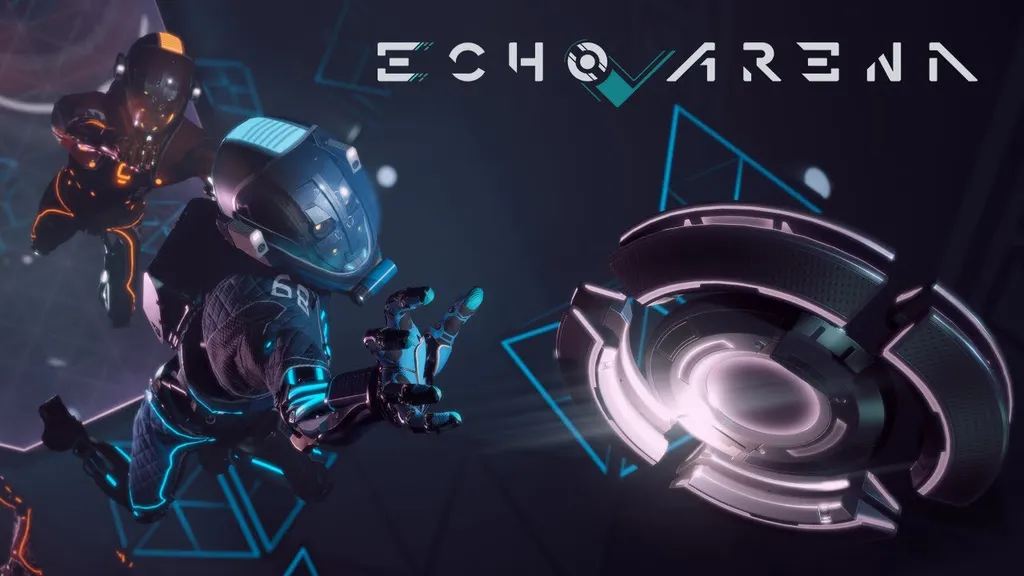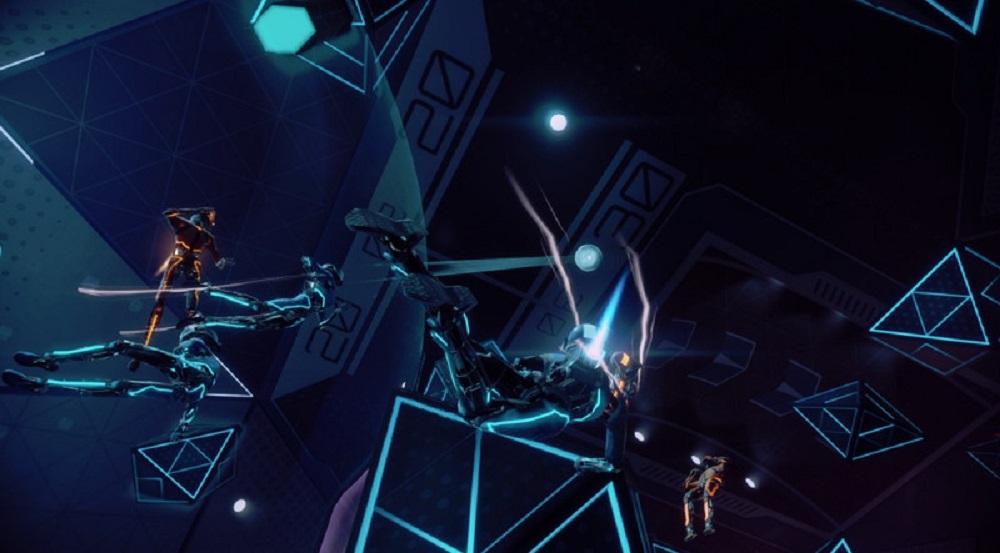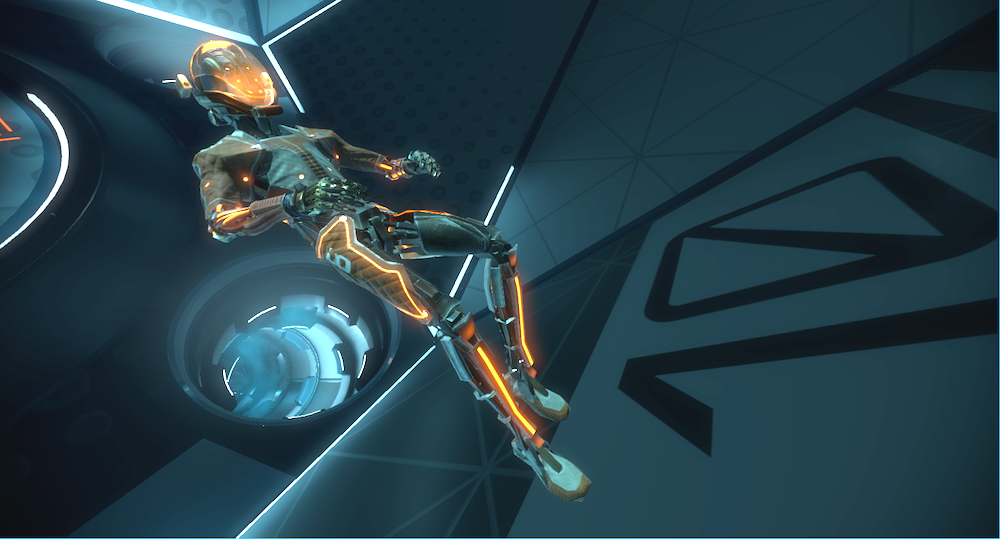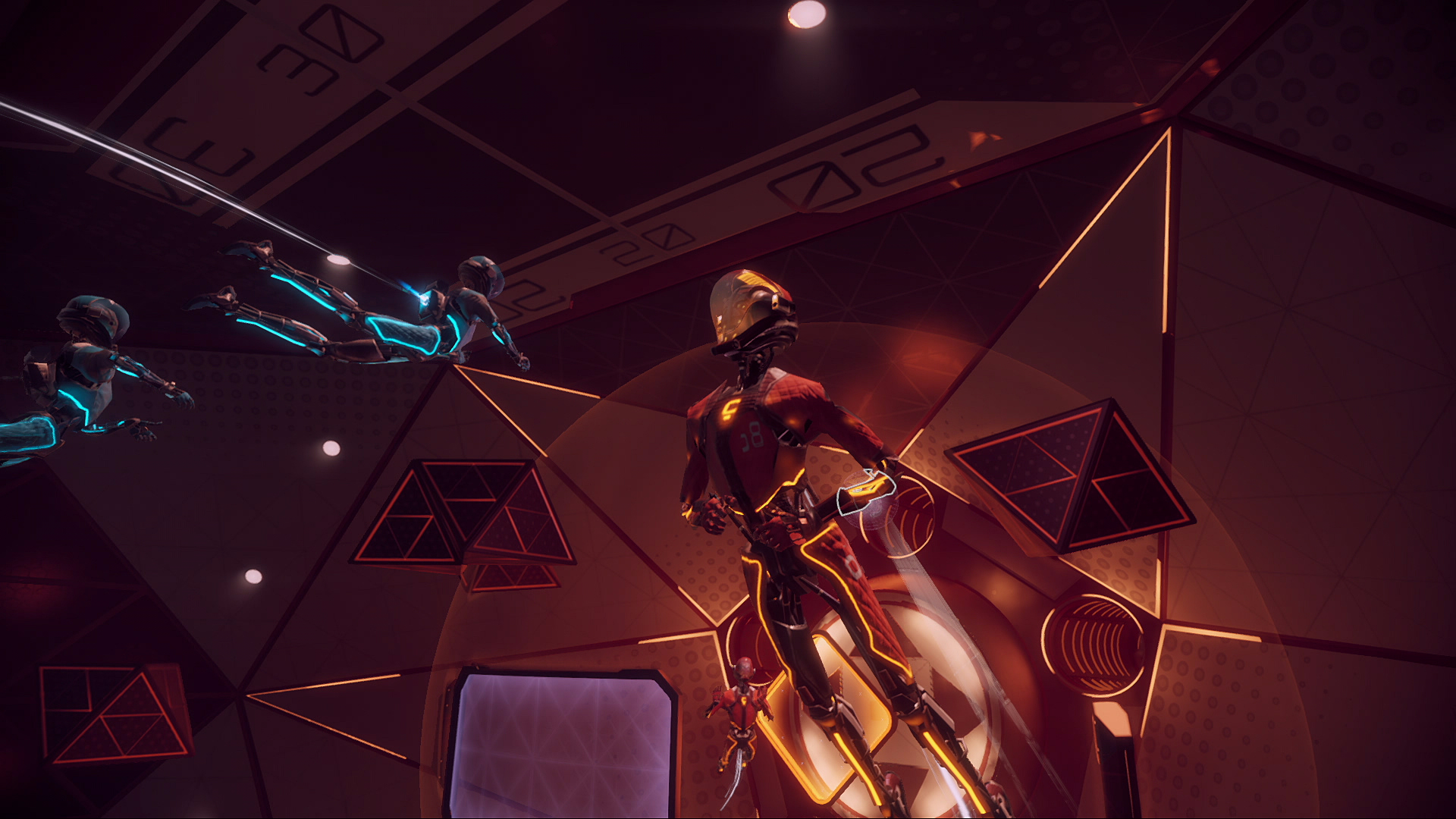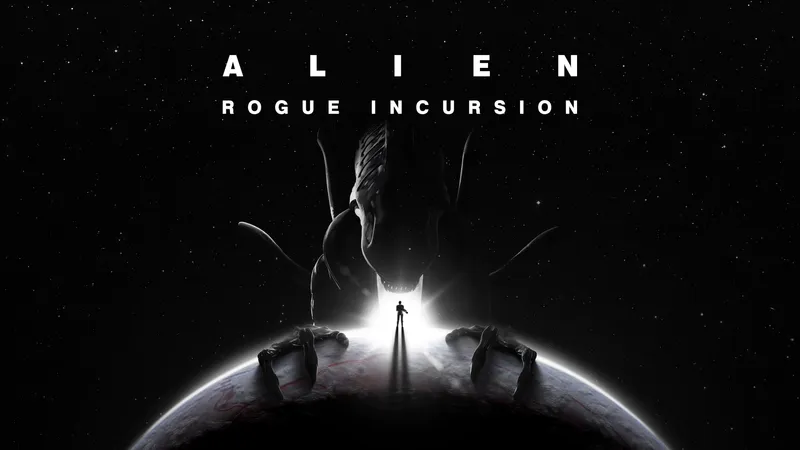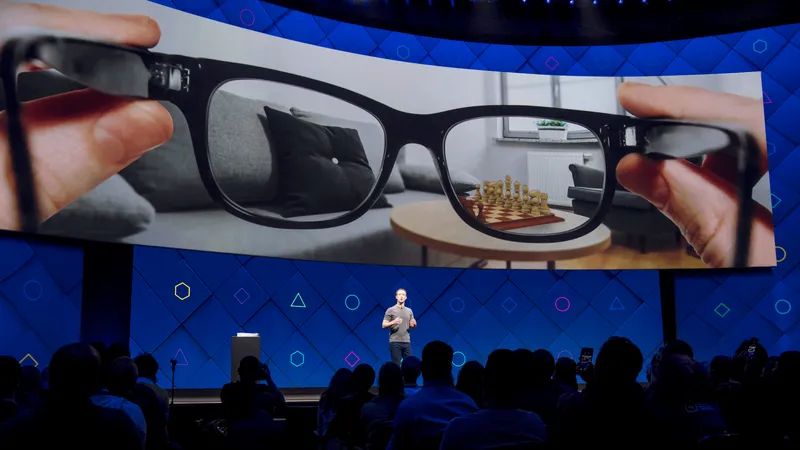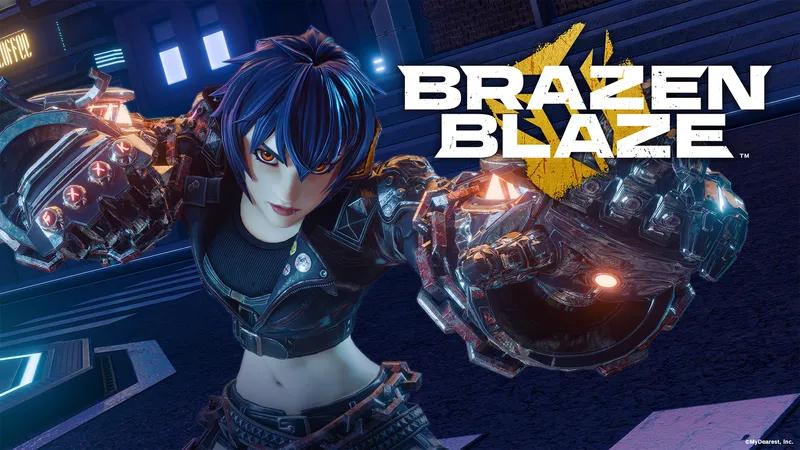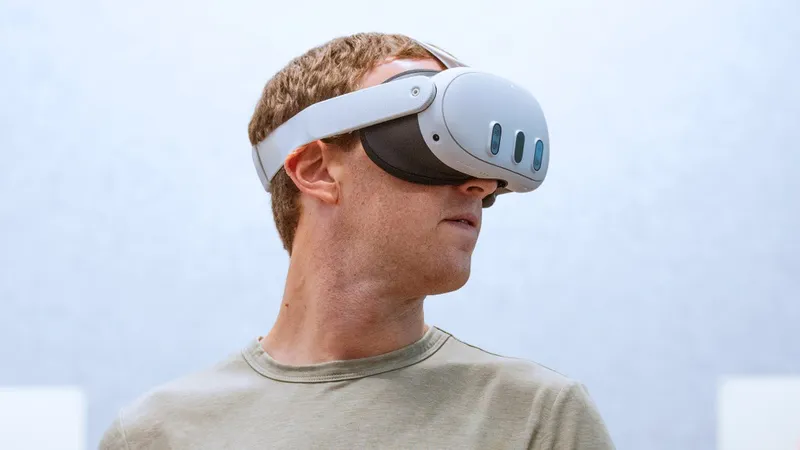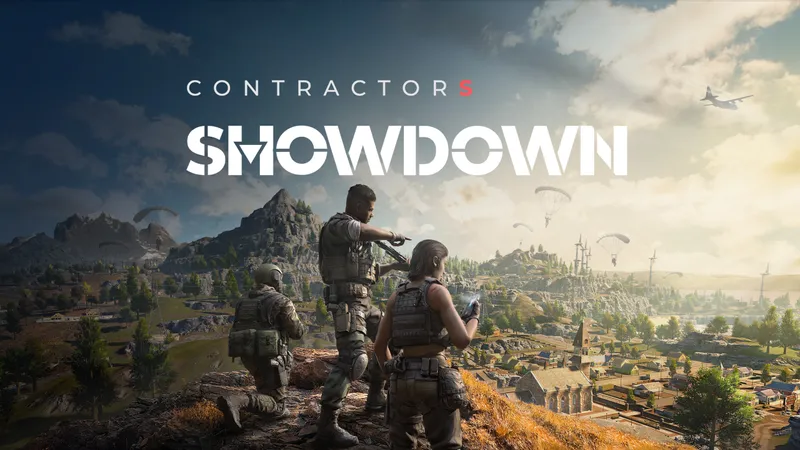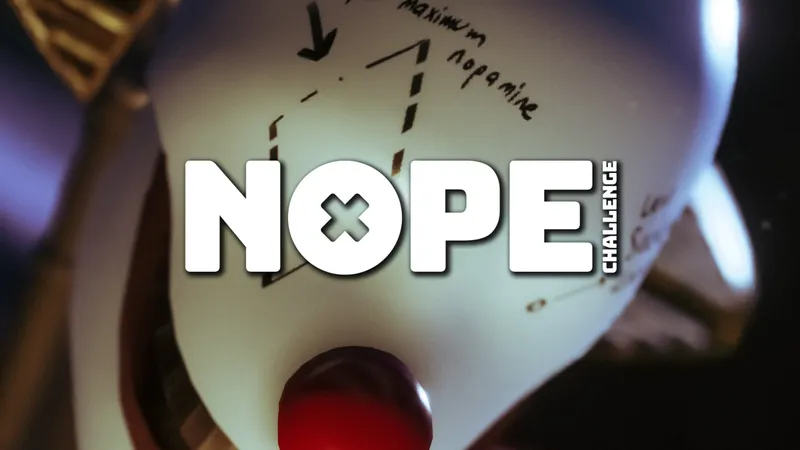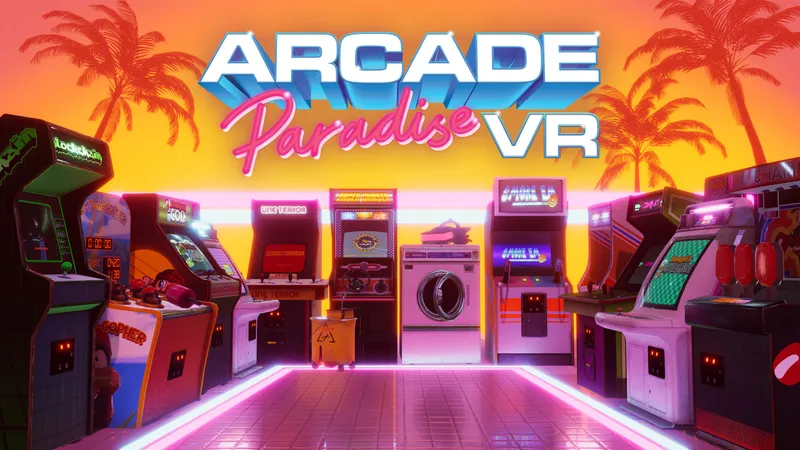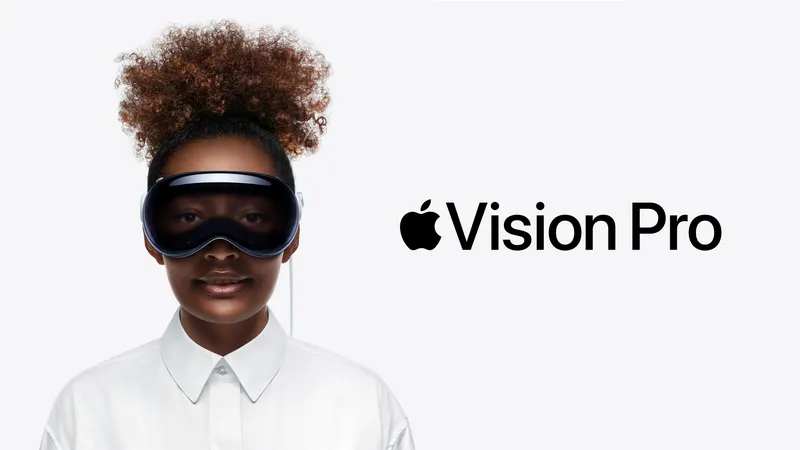We’ve written about Echo Arena multiple times. We had our first hands-on preview back at Oculus Connect 3 (OC3) when it was just a multiplayer mode within Lone Echo, an otherwise single player game, and then saw it again at a separate preview event. Now with two beta weekends in the books that brought tons of new people into the fold, Echo Arena is finally launching as its own separate, standalone experience.
After spending so much time with it I can confidently say that Echo Arena is hands-down one of the best multiplayer VR games I’ve ever played and should be experienced by everyone with an at least passing interest in VR technology.
At its core the premise is simple: there is a single disc floating in the middle of a zero-gravity room. You’re on a team with a bunch of other people. There is a goal at each end of the arena, which also has a variety of objects in the way. Your mission is to push off of objects, use your wrist boosters, and carefully navigate the environment while throwing, passing, and grabbing the disc on your way to score.
The best way to describe it is like playing Ultimate Frisbee in zero-G with some callbacks to the likes of Tron, Harry Potter’s Quidditch, and even soccer (football.) Just describing it and even showing it in action (via the trailer above) isn’t enough to really do it justice though as Echo Arena, perhaps more so than any other VR game before it, needs to be experienced to be understood.
Any good competitive game is going to be easy to pick up and play but difficult to master. Take Rocket League for example, one of the most popular and successful indie games. It’s just soccer with a giant ball and rocket-powered cars. That’s it. Simple, but oh-so-difficult to master in practice. Fighting games are similar. Echo Arena on the other hand is a bit different.
While it’s certainly intuitive once you get the hang of it, I think that, like with most VR games, there are three levels of mastery: first-time player that’s still adapting to VR itself, intermediate player that knows VR but is still learning the game, and expert player that is comfortable in VR and has a firm grasp of the game’s mechanics and strategies. Most people are going to be in that intermediate category but if you’re new to VR and jumping into a game like Echo Arena totally fresh, then you might have some trouble at first.
Mechanically it isn’t hard to understand. You leverage your momentum to fly across the arena as you subtly adjust your trajectory with your Iron Man-esque wrist boosters. Grabbing the disc, throwing it through the air, and calling out to teammates all feels very much like Ultimate Frisbee or most any real-life sport. That’s part of what makes it so effective. But when you realize you no longer have to consider things like the wind, arcing the disc, or curving it through the air, you notice how different of an experience Echo Arena can be.
You can even punch your opponents in the face to stun them, grab onto legs and arms and shoulders to ride teammates for extra speed or climb up your opponent’s back to knock them out right before they score. Do you keep someone back at the goal to play defense all match, or do you go full offense and sprint back to the goal in an emergency? Do you organize formations to maximize passes and angles on the goal, or do you freestyle it?
Since Echo Arena is more or less a brand new sport in a way it’s forcing players to rethink how they move and coordinate as a team. In basketball you can do bounce passes and other things to get people open, whereas soccer has such a large field it usually comes down to shot angles and one-on-one match-ups more often. While playing Echo Arena I noticed when I have a good chemistry with my team and we communicate openly we always found the most success. In that way, Echo Arena is very clearly balanced and designed as a smart and exciting team-based competitive game.
As high as the highs are in Echo Arena the game has its lows as well. Since you need so many people for a good match to get going (6-8 roughly per game) it may not be easy to find people to play at all times. Furthermore the game only has one map. While this ensures the player base isn’t split and keeps a healthy, active community focused on mastering tactics, it does mean things can get boring quickly. A lack of map diversity means a lack of game variety. Ultimately Echo Arena is a finely-tuned and very narrowly focused game and the small slice of gameplay dynamics that it highlights are some o the best we’ve seen.
The small VR community has already started embracing Echo Arena with open arms and the teams at Oculus and Ready at Dawn have taken notice. In fact, they’ve partnered with Intel for the VR Challenger League this summer and you’ll be able to play Echo Arena for a chance to win thousands of dollars in VR’s first legitimate Esports contest. This is a huge step for a game that literally just officially released.
Make no mistake about it: Echo Arena is a great game and is easily one of the best multiplayer VR games to date. The fast-paced and intense gameplay is unlike anything else we’ve ever seen and the sheer skill required to nail the timing of group coordination is immensely satisfying. Once you’re on a roll with a team you like it’s hard to stop playing. But the lack of map and game variety, as well as the relative learning curve, hold this back from being even better.
Echo Arena is available for Rift with Touch starting today on Oculus Home. Anyone that downloads it in the first three months gets the game completely for free and it will be $19.99 after that period. Check out these official review guidelines to find out more about our process. 1

